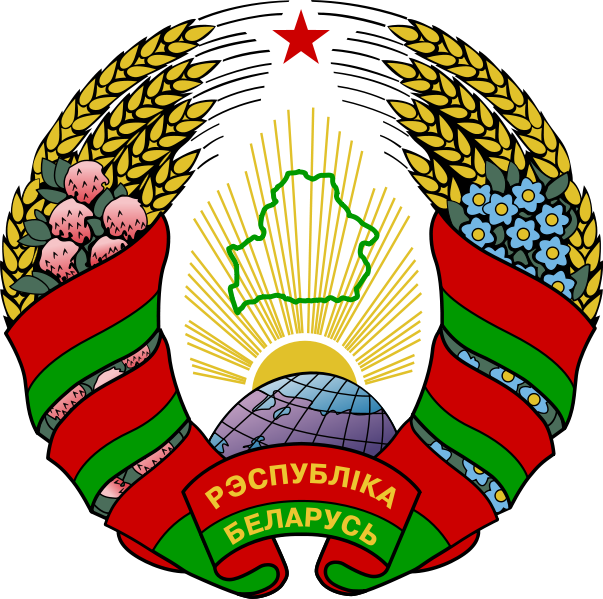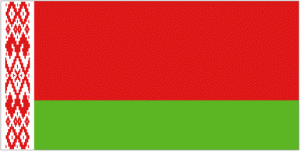July 3
Our Bloody History –
belarusguide.com
http://www.belarusguide.com/as/history/history.htmJuly 3
“After 60 years of peaceful life, Chernobyl, dismantling of the USSR, 14 years of sovereignty, still WWII remains a major emotional rift in the Belarusian soul.”
Belarus declared its independence from Russia on March 25, 1918 (an independence which lasted about 10 months) and again from the Soviet Union on July 27, 1990. But Belarus celebrates neither of those dates as its official independence day. Instead, the festivities of July 3rd commemorate the liberation of Belarus’s capital city of Minsk from Nazi forces in 1944.
+ + +
We know all about D-Day on June 6th, 1944 and the liberation of Paris that summer, but simultaneously the Soviet Union’s Red Army conducted an equally pivotal advance against German forces.
The Belorussian Strategic Offensive Operation (Operation Bagration, named for a 19th century Georgian general) was “the most calamitous defeat of all the German armed forces in World War II” according to Bagration 1944 author Steven Zaloga.
Operation Bagration began on June 22, 1944, exactly three years after the Nazi invasion of the Soviet Union. The Soviets successfully used a bevy of ploys to confuse the Germans about their plan of attack, and borrowed a page from the Nazi military playbook…
“A Soviet force of one and quarter million men punched a two-hundred-mile hole in the German front between Ostrov and Kovel…ironically having mastered enveloping tactics once used by the Germans themselves.” — Michael Burleigh, The Third Reich
In just over a week, the Red Army crossed the Berezina River. Three days later, on July 3, 1944, they liberated the Belorussian capitol of Minsk.
“…as the Russians crossed Belorussia, they encountered a ‘desert zone’ with a million houses burned, crops deliberately ploughed under, and no evidence of livestock.” (Burleigh)
According to Pravda, “Every fourth citizen of Belarus was killed in the war.”
The division among Belorussians referred to in the opening quote stems from the notion that World War II was merely one occupation replaced by another. Prior to the Nazi invasion in 1941, the Soviet Union under Joseph Stalin conducted mass executions in Belarus—the mass graves from which were uncovered in the 1980s. In 1986 the Chernobyl Disaster and the Soviet Union’s initial denial of the nuclear accident fueled the flame of nationalism and independence once more.




What is the Form of government of BELARUS